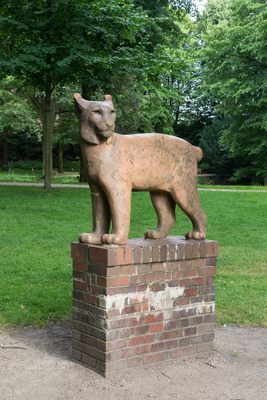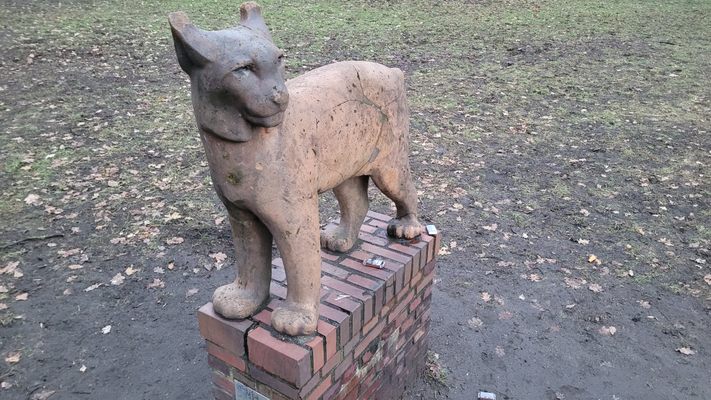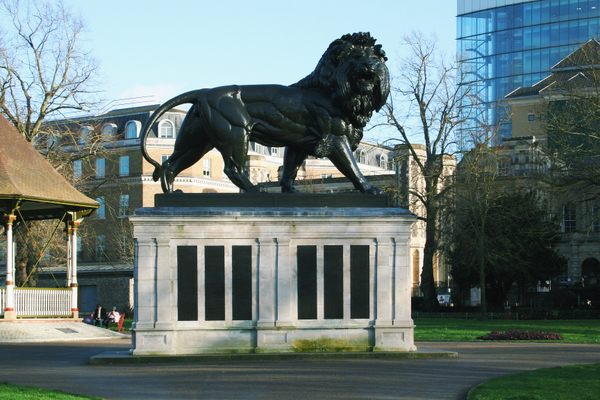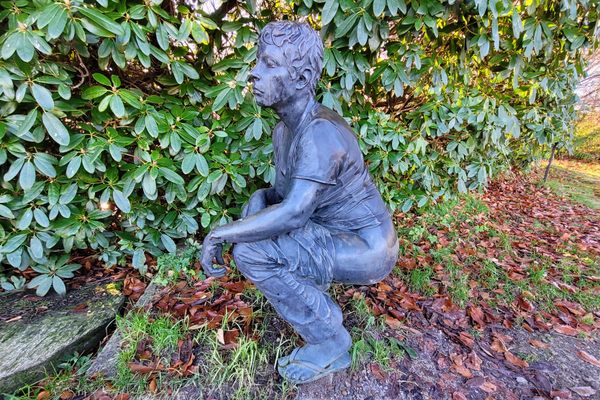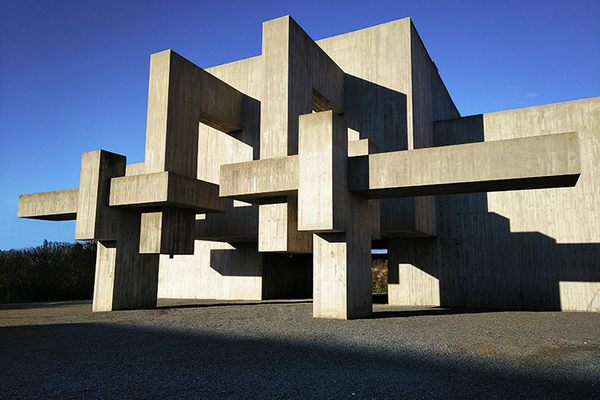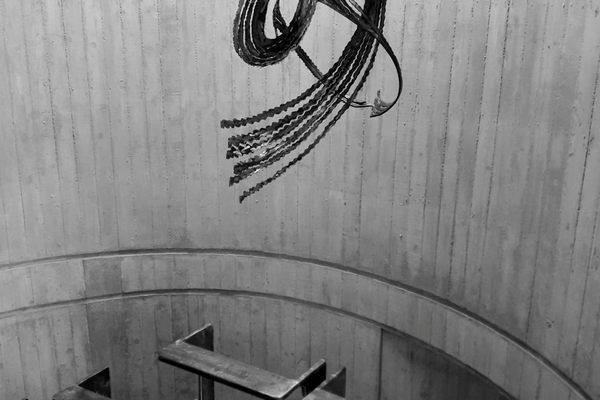About
In the center of the lovely Kellinghusen Park stands an intriguing monument of a Eurasian lynx, a species native to the forests of Germany. The wide eyed lynx seems to be noticing the approaching visitor for the first time and with ears pointing sideways and body tense is poised as if ready to bound off into the trees.
The terracotta sculpture is entitled simply Luchs (the German word for "lynx") and was created by artist Kurt Bauer in the early 1950s. Bauer was born and lived much of his life in the city of Hamburg, and studied at the university of fine art in the 1930s. He excelled at sculpting and was on track to become a professor. Before that happened, however, he was fired from his position after criticizing Hitler and the Nazi Party. Bauer was later forbidden from entering art competitions.
After the Allied defeat of the Nazis, things dramatically improved for Bauer. He was able to resume his artistic career and became a leading sculptor of the post-war period. In 1946 he founded Baukreis ( "the building circle"), a group and educational institute that sought to provide fine art education to all aspiring artists through public workshops.
A central theme of Bauer's art was striking naturalistic sculptures of wild animals. Luchs was an early example of these, and he went on to create several as public monuments for the city of Hamburg.
Related Tags
Know Before You Go
The Luchs sculpture can be seen for free in its Kellinghusen home where it takes pride of place in the center of the park.
Published
October 22, 2021
